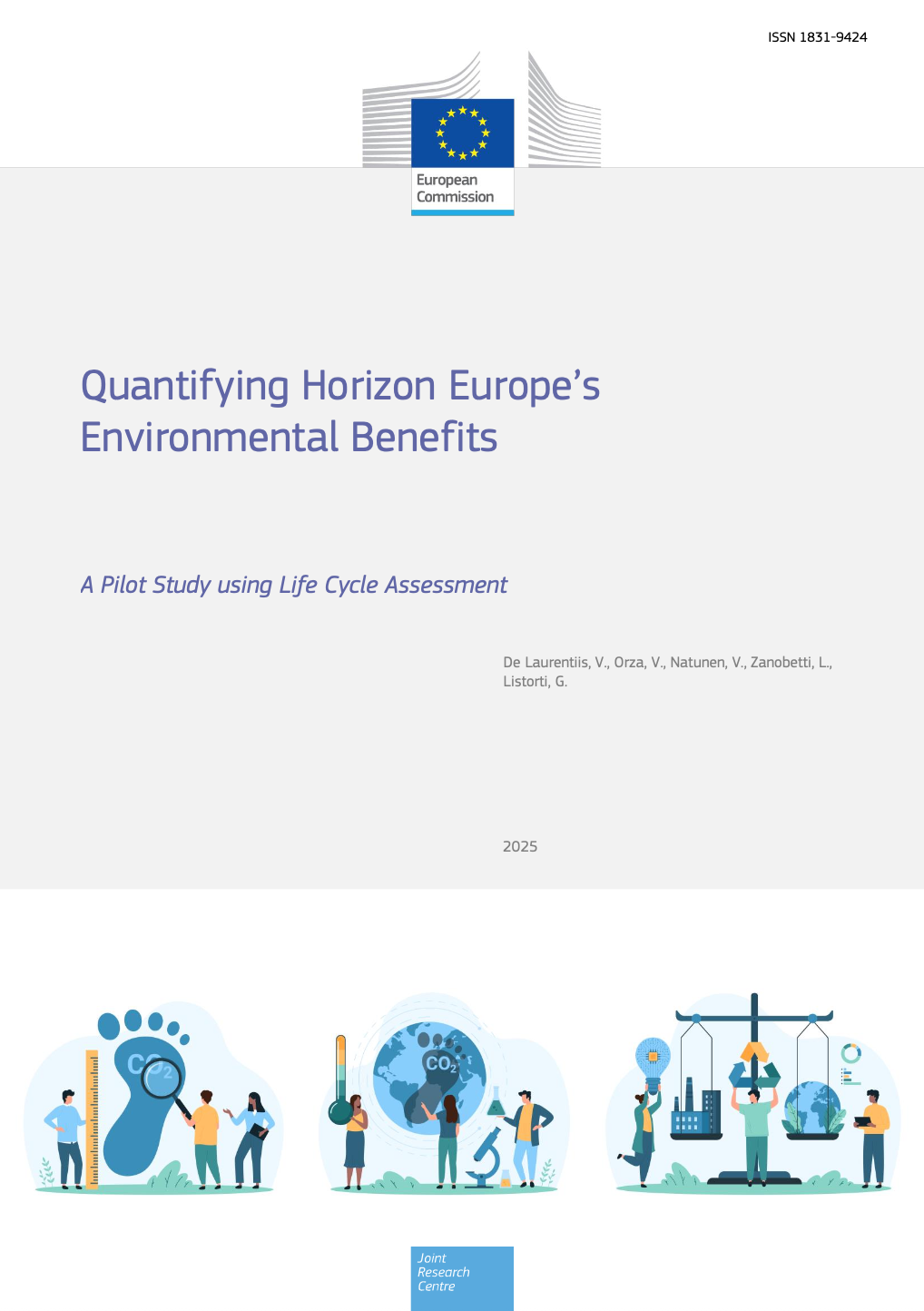FOREST Contributes to Horizon Europe’s Climate Goals
The European Union’s ambition to become climate-neutral by 2050 is at the heart of the European Green Deal - a strategic response to the worsening crises of climate change, biodiversity loss, pollution, and unsustainable resource use. To support this transformative shift, Horizon Europe, the EU’s flagship research and innovation programme, has committed substantial investment toward climate action and sustainability, allocating over €32 billion to climate projects between 2021 and 2027. And FOREST is lucky to be among them.
A recent pilot study by the Joint Research Centre (JRC) of the European Commission offers a first-of-its-kind quantitative assessment of Horizon Europe’s environmental impact. Using Life Cycle Assessment (LCA) methods, the study estimates that funded projects could deliver up to 24 million tonnes of CO₂ equivalent savings during their grant periods - an amount roughly equal to the annual emissions of all national flights within the EU. Importantly, the study notes that this is a conservative estimate, as it does not yet account for the post-project scaling and widespread adoption of funded innovations.
In this context, the FOREST project is contributing meaningfully to the programme-wide environmental objectives. Funded under Horizon Europe, FOREST targets resource efficiency and climate mitigation through the development of lightweight multifunctional biocomposites that integrate over 50% sustainable materials. The project enhances circular economy strategies by embedding effective circularity solutions into product design, helping to reduce raw material usage, increase recyclability, and minimise environmental footprints across the value chain.
By aligning with the LCA-based evaluation approach presented in the JRC study, FOREST exemplifies how Horizon Europe projects can unlock the broader climate mitigation potential envisioned at the EU level. As the JRC report underscores, research and innovation are indispensable in Europe’s green transition, and projects like FOREST are demonstrating the practical ways in which systemic change can be realised through scientific and technological advancement.

